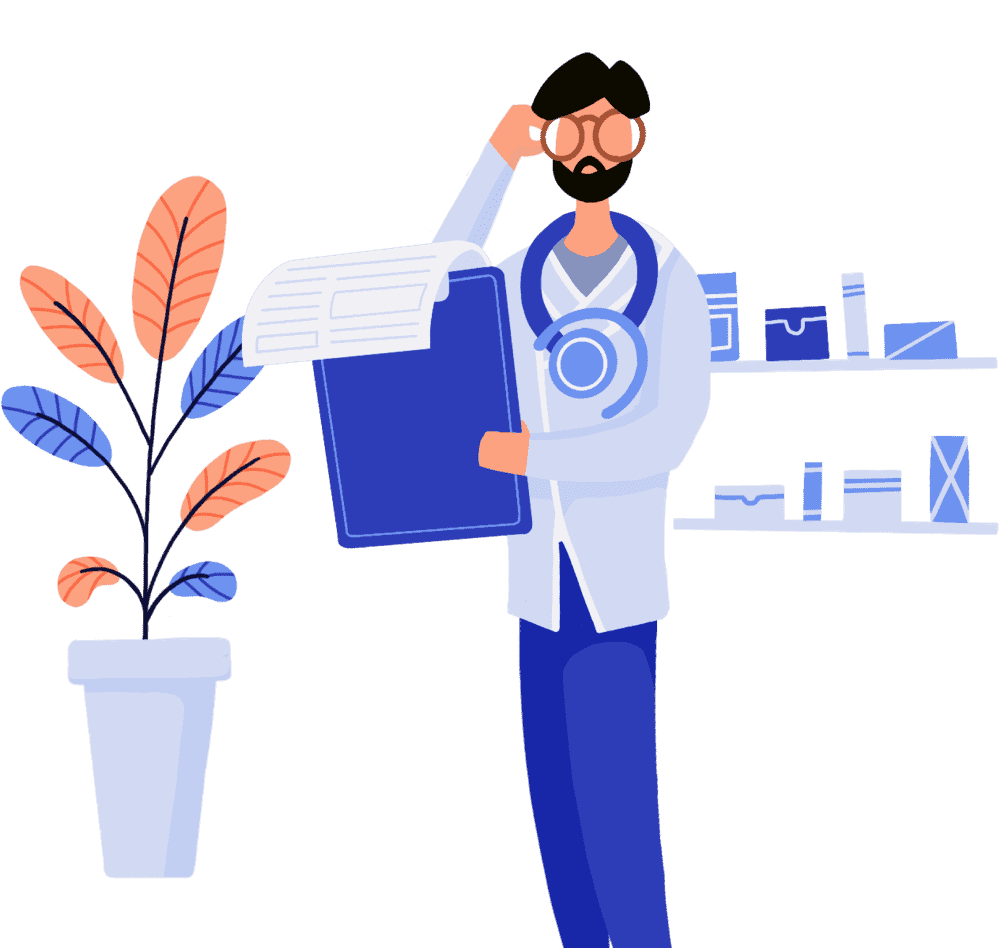Recharge your cells from within and enjoy 20% OFF NAD+ for a limited time only - shop now
- Home
- General Health
- Skin Care
Skin Care
You may not know that your skin is actually the largest organ your body has, and it’s also the fastest growing. Responsible for protection, regulation and sensation, it’s important that you look after your skin properly. And because it covers every part of your body, it makes sense that there are lots of things that can affect it, from spots to sun damage to dryness.
Keep your skin feeling healthy and looking great with our effective range of skin care treatments and skin creams.
More Information
What role does my skin play?
Your skin is the largest organ in your body (both externally and overall) and it is made up of two layers; the epidermis and the dermis. The epidermis layer is the outermost part and the dermis layer is the part sitting just below the surface, that bridges the area before you reach the subcutaneous fatty tissue.
There are a number of important functions that our skin is responsible for. The first one is protection, which makes sense seeing as our skin covers our bodies and keeps all of our internal organs safe. It works as a barrier to protect our bodies from the outside world and the chemicals, bacteria and other factors that are out there.
Another thing that our skin is responsible for is our sense of touch and sensation. An extensive network of nerve cells work together to detect changes in the environment, and there are different cells for different roles. Some nerve cells detect touch, others detect temperature and others sense pain. These nerve cells then relay the relevant information around our bodies and to our brains so that the necessary function can be triggered and carried out by our endocannabinoid system.
As well as sensing what is around us, our skin also has a number of things in place to regulate our bodies. If you are too cold, the small hairs that cover your skin will stand on end to trap air in the small area that surrounds it, thus keeping us warmer. If you are too hot then the sweat glands that cover your body will release sweat to cool you down; this function is also linked to your skin/body balancing its fluid levels.
What are the most common skin complaints?
Because our skin covers our entire bodies, it makes sense that it then follows that it ends up open to damage, infection and various other complaints. It’s very common to end up with scratches, grazes and cuts from daily life. However, your skin is made up of many layers that are constantly renewing and regrowing so most wounds will go away quickly and will not scar or cause you any serious damage.
A common problem with skin (that affects everyone) is to do with dehydration and sun damage. It’s easy for your skin to dry out, particularly is very harsh, cold weather and drying, hot weather. The sun can dehydrate your skin further and unprotected exposure to the sun can also lead to sun damage. This includes the kind that you can see (sunburn) and the kind that you can’t see, which can lead to more serious problems (such as skin cancer).
There are many more skin problems which are highly common, although not everyone will experience them. Acne, rosacea, eczema and psoriasis are all skin conditions that cause spots, pimples, redness, dryness or flaking and they are often chronic conditions that require medication or other treatment options.
How do I take care of my skin?
Skin Cream / Skin Care
Your skin is always renewing and replacing itself so you may be fooled into thinking that it requires no looking after. However, your skin (like almost every other part of your body) requires some TLC to keep it healthy. You should make sure to wash regularly with cleansing body wash, to wash away any dirt or sweat that has built up. You could also exfoliate every so often to scrub away any dead skin cells and to speed up the skin’s natural renewal process; revealing the new, soft underlayer.
It’s very easy for your skin to become dehydrated so using a moisturising lotion is very important. This is even more necessary in extreme weather or if your skin is actually beginning to look dry.
Whenever you are exposed to the sun, you should always apply a product with a high sun protection factor, in order to avoid any skin damage. Try not to sit out in the sun for too long and stay in the shade at the peak hottest parts of the day.
If you suffer from any ongoing skin conditions then you may also need to turn to medications for effective, long-term treatment. At UK Meds, we stock a number of effective treatment options for whatever skin complaints affect you, as well as a number of products to keep on top of your skin health in general.
Medication delivered the next day from UK pharmacies



Choose the right treatment
From the comfort of your own home or out on the go, choose the treatment you require from our extensive range.
Complete an online consultation
A vital part of our process, your online consultation will be similar questions to that of a GP. Quick and easy, we guarantee privacy and confidentiality.
Delivered discreetly
One of over 100 of our partner regulated UK pharmacies will dispense and ship the treatment to you in discreet packaging.
Rated out of 5 on 
UK meds is a reliable source, no issues based on numerous purchases
Inhaler was delivered on the time stated
I have said all I want to say recommended
Simple so easy
Rated 4.6 out of 5 based on 6877 reviews
Here to help you
Our Customer Service is available Monday to Friday 9am - 5pm. If you need urgent assistance, do not use this service. Call 111, or in an emergency call 999. Visit our help section


